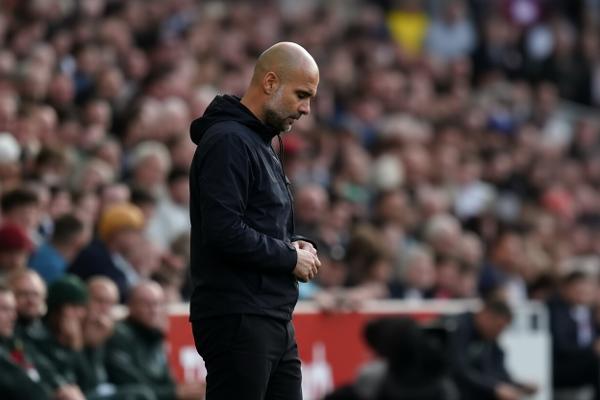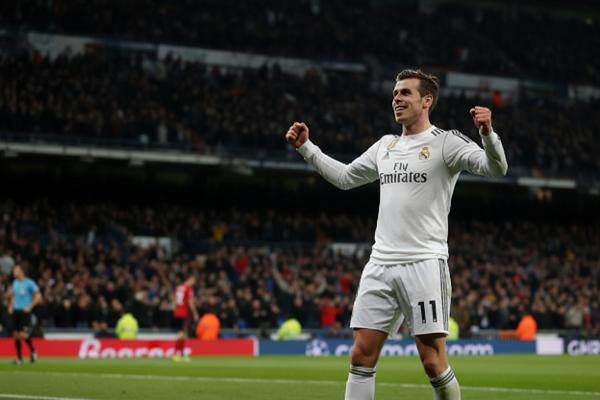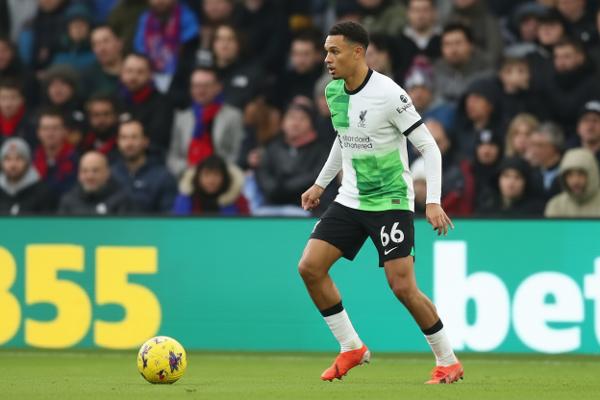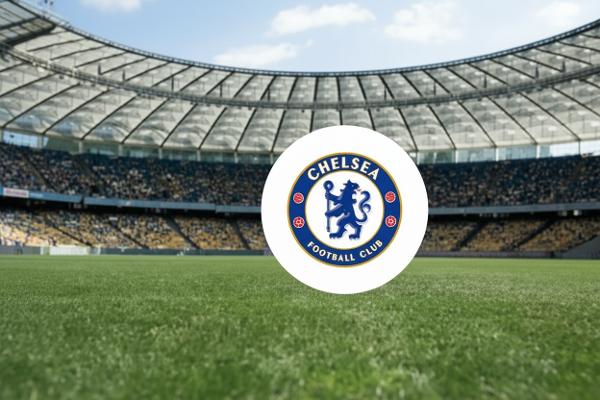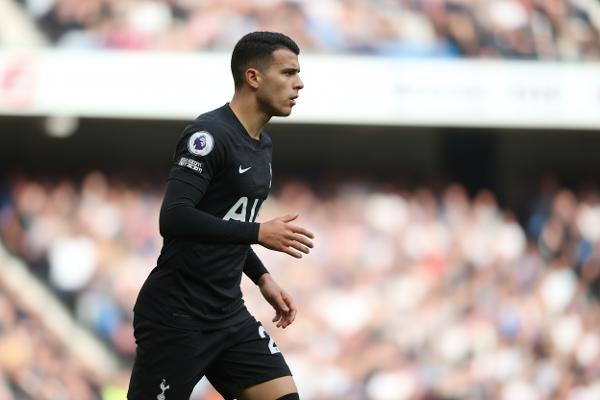Ferguson, for example, was a master of man management, getting the best out of every player, regardless of their talent or limitations. He was fearless in his confidence in youth and adapted his formation and tactics to stay ahead. He also made game-changing substitutions to prevent bad results.
Ancelotti has always been adaptable, recognizing that you can't play the same way in different countries or leagues. He adjusts his approach depending on the squad and league he's coaching in.
Mourinho, despite being known for his effective style, also made changes during his first stint at Chelsea. These legendary coaches had their own philosophies and tactics, but being adaptable was equally important to their success.
Today's coaches, like Pep Guardiola, have also had to adapt to changing circumstances. Guardiola's style has been influential, but a new wave of coaches has copied his approach without adapting to the changing game. This has led to some teams struggling to succeed.
Coaches like Luis Enrique and Mikel Arteta have recognized the importance of adapting to the changing game. Enrique has encouraged his players to express themselves on the ball, while Arteta has brought in big, strong players to deal with the physicality of the Premier League.
However, not all coaches are willing to adapt. Ruben Amorim, for example, has been stubborn in his approach, refusing to change despite the challenges he's faced. This approach can be flawed and lead to stagnation.
Take Russell Martin, who played a style that saw Southampton get promoted but was exposed when they came up to the top division. Martin refused to change his approach, and his team was punished as a result.
Coaches like Amorim and Martin need to realize that the game is constantly evolving and that adapting is key to success. Even coaches like Guardiola have had to adapt their styles to stay ahead.
The best coaches are those who are brave enough to adapt their winning formulas and stay relevant in the ever-changing world of football.


